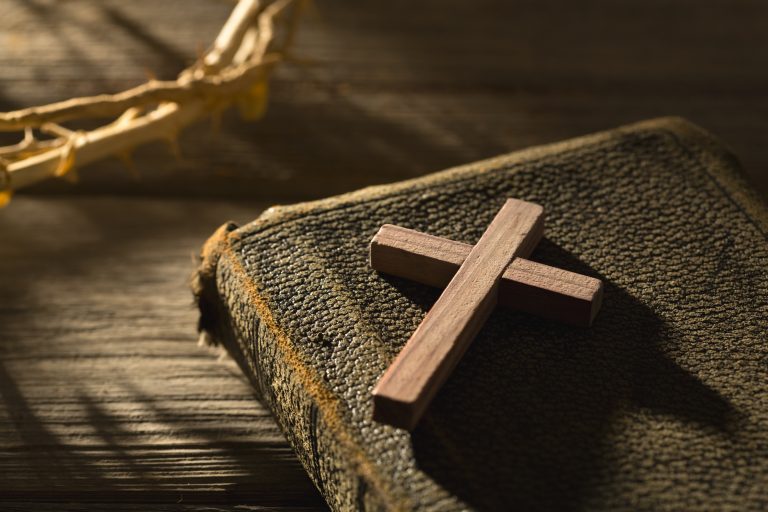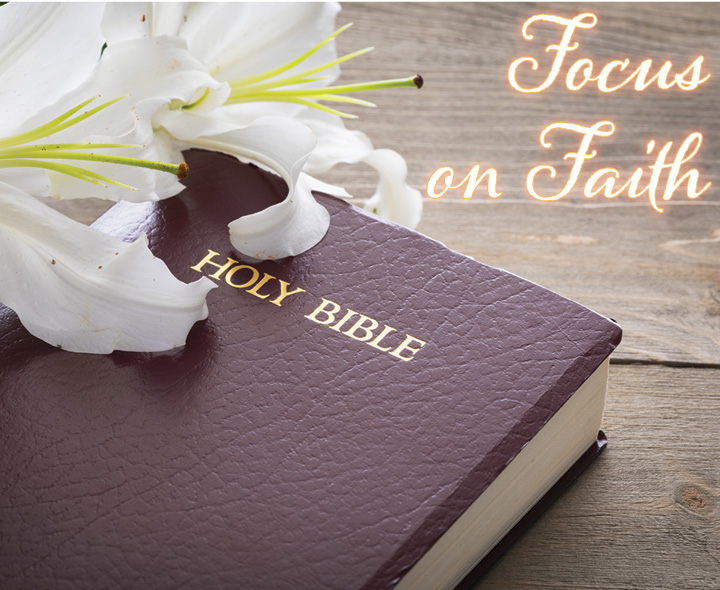
Focus on Faith – Changing water into wine
The changing of water into wine has long been the source of a good many jokes. Understandably so. The basic fact that Jesus provided 120-180 gallons of...

The changing of water into wine has long been the source of a good many jokes. Understandably so. The basic fact that Jesus provided 120-180 gallons of...

The Cain and Abel story is one of the most well-known stories in the Bible. Maybe because it’s one of the first, or maybe because it replays itself in...

The Gospel of Luke is an intentional tapestry, ordered carefully by the pen of Luke inspired by the Holy Spirit in order to produce one thing...

The Book of Judges is a Christian favorite. From Ehud slaying the fat man Eglon to Gideon selecting the 300 weirdos who lap water like dogs as his army to Samson slinging jawbones, Judges provides a host of wild and fantastical stories. From laughter to fascination to frustration, this book offers so many unique details that stick in our minds from a young age. Who doesn’t love Jael pounding a tent peg through Sisera’s skull?

The Book of Job is a Christian favorite. For millenia, the faithful have opened up Job to encounter someone experiencing serious suffering, struggling with a mixture of faith and doubt. Most of us know the happy ending when Job gets double all he lost (one chapter), most of us know the strange beginning when God challenges Satan over Job (two chapters), but the real core of the book is the muddy middle. For 39 chapters, neither God nor Satan speak. Job and his three friends have to try and comprehend God in the wake of suffering.

If you read the Gospels carefully, you’ll notice that no one enjoyed Easter morning. The greatest day in human history, when the sun rose upon a tomb opened and empty, wasn’t met with a joyful “Alleluia” or shouts of praise. The women at the tomb instead struggled with a mess of emotions. Each evangelist tells the details a little differently, but all of them show that instead of finding answers at the tomb, the women found only questions.

One of the most compelling episodes leading up to Jesus’ crucifixion is His moment of struggle in the Garden of Gethsemane. At the core of each telling (Matthew 26:36ff, Mark 14:32ff, Luke 39ff) is the petition from the Lord’s Prayer, “Thy will be done on earth as it is in heaven.” Jesus very clearly applies this simple request to the difficulty of the cross that stands before Him. So we learn to pray this prayer when God places crosses before us.

The average Christian is afraid of at least one book in the Bible: Revelation. The visions given to St. John of the Beast and the Dragon are startling, but really we are taken aback by the wholesale destruction of the earth. Plagues, stars falling, Death riding a pale horse. These images are a far cry from Jesus carrying a sheep in His arms or God helping us to mount up with wings like eagles. Nevertheless, I assure you, the book of Revelation wasn’t meant to scare or terrify us. It was written to do the exact opposite: comfort us.

As with most popular stories, the arrival of the three wise men (or kings) at the manger on Christmas night has been a little embellished. We have a tendency to add details that aren’t actually there in the text. Details that are necessary in order to paint paintings or put on pageants or make movies. The Bible rarely gives us a script ready for reproduction. That’s why we smash Matthew’s Christmas story and Luke’s Christmas story together and put up nativity scenes with as many people (and animals) as we can get.